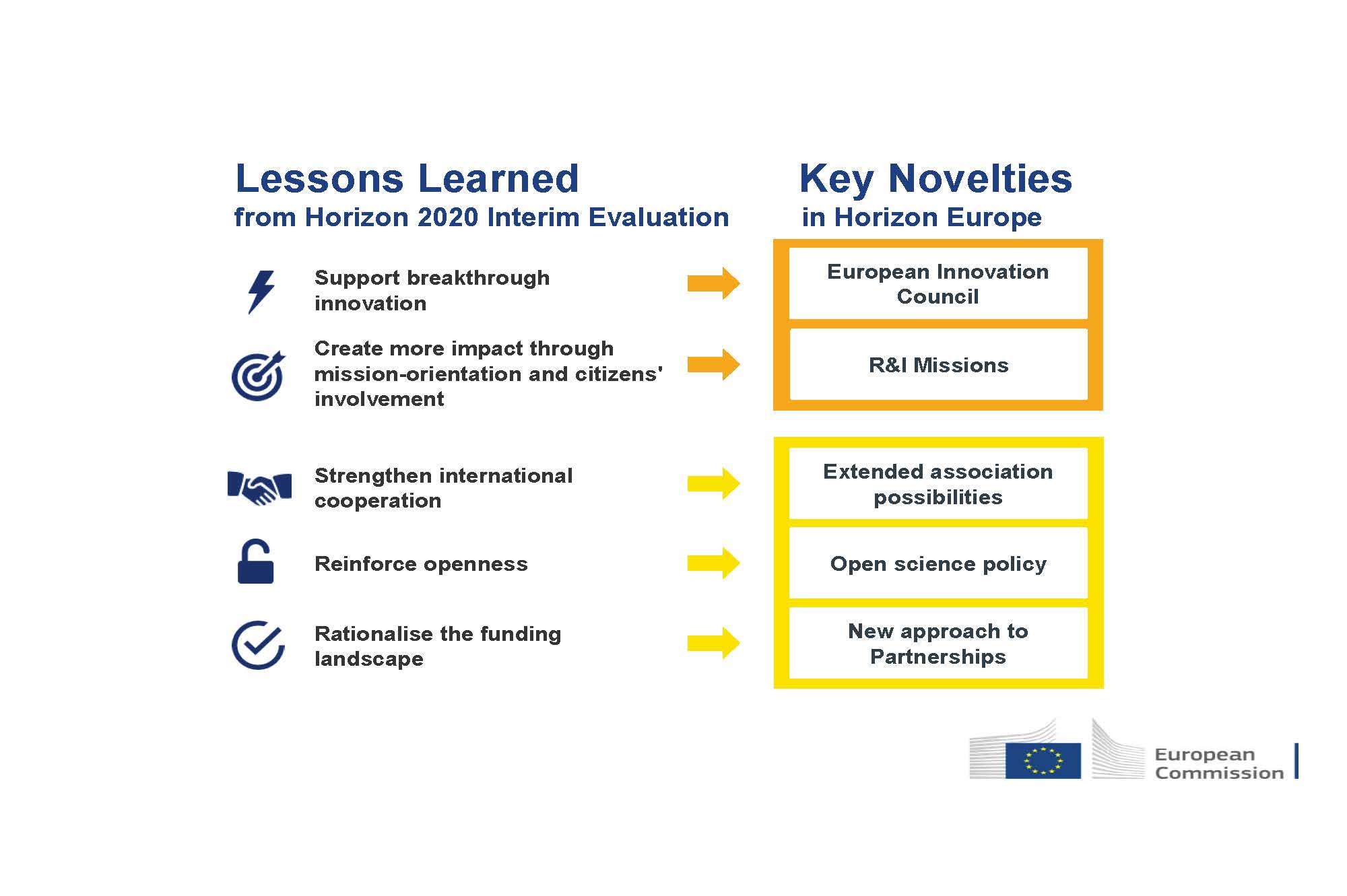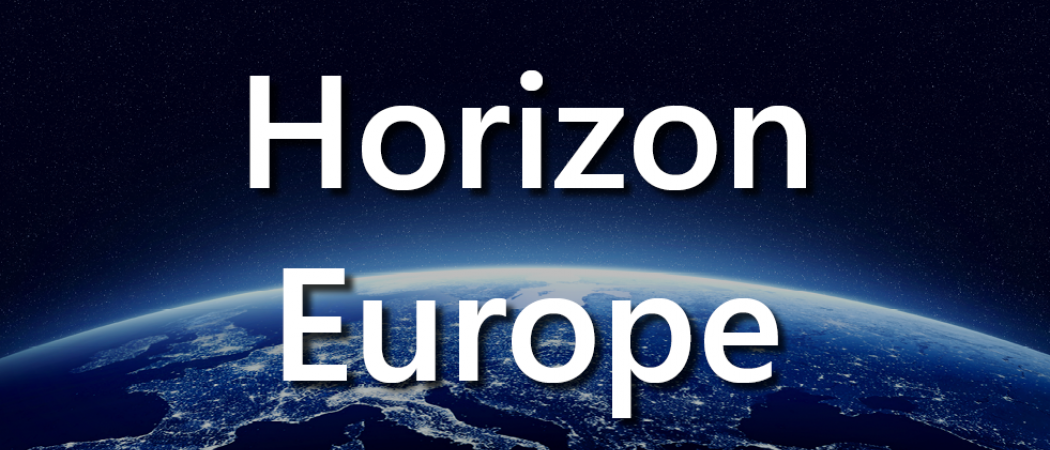Horizon Europe
Horizon Europe is the next European Commission's Research and Innovation Framework Program which will cover the period 2021-2027, and will be the "heir" of Horizon 2020.
The European Commission, the Parliament and the Council have approved the legislative text that will lead to the definition of Horizon Europe future work programs and calls: strategic planning has been officially launched since May 2019.
Horizon Europe’s structure will be divided into 3 pillars and 1 cross-cutting program:
Pillar I 'Excellent Science' with the following components:
- the European Research Council (ERC),
- Marie Skłodowska-Curie Actions (MSCA),
- research infrastructures,
Pillar II 'Global Challenges and European Industrial Competitiveness' with the following components:
- cluster 'Health',
- cluster 'Culture, Creativity and Inclusive Society'
- cluster 'Civil Security for Society',
- cluster 'Digital, Industry and Space',
- cluster 'Climate, Energy and Mobility',
- cluster ' Food, Bioeconomy, Natural Resources, Agriculture and Environment',
- Joint Research Centre (JRC),
Pillar III 'Innovative Europe' with the following components:
- European Innovation Council (EIC)
- European innovation ecosystems (EIE)
- European Institute of Innovation & Technology (EIT)
Part 'Widening Participation and Strengthening the European Research Area' with the following components:
- widening participation and spreading excellence,
- reforming and enhancing the European R&I system.

Horizon Europe is going to introduce the following main new features:
- A European Innovation Council (EIC) to bring the most promising high potential and breakthrough technologies from lab to market application and help the most innovative start-ups and companies scale up their ideas. It will provide direct support to innovators through two main funding instruments, one for early stages and the other for development and market deployment. It will complement the European Institute of Innovation and Technology (EIT).
- New EU-wide research and innovation missions focusing on societal challenges and industrial competitiveness. Under Horizon Europe, the Commission will launch new missions with bold, ambitious goals and strong European added value to tackle issues that affect our daily lives. These missions will be co-designed with citizens, stakeholders, the European Parliament and Member States. The following themes could be examples of missions: i) Adapting to climate change, including societal transformation; ii) Cancer; iii) Healthy oceans, seas, coastal and inland waters; iv) Climate-neutral and smart cities; v) Soil health and food.
- Maximising the innovation potential across the EU: new synergies with Structural and Cohesion Funds will make it easy to coordinate and combine funding and help regions embrace innovation to make the most of their national research and innovation potential.
- More openness: The principle of 'open science' will become the modus operandi of Horizon Europe, requiring open access to publications and data. This will assist market uptake and increase the innovation potential of results generated by EU funding.
- A new generation of European Partnerships and increased collaboration with other EU programmes: Horizon Europe will streamline the number of partnerships that the EU co-programmes or co-funds with partners like industry, civil society and funding foundations, in order to increase their effectiveness and impact in achieving Europe's policy priorities.
- Contacts
-
International Projects Service
Via Oberdan, 8 - 60122 Ancona
E-mail: international.projects@univpm.it
Phone: +39 071 220 4978



